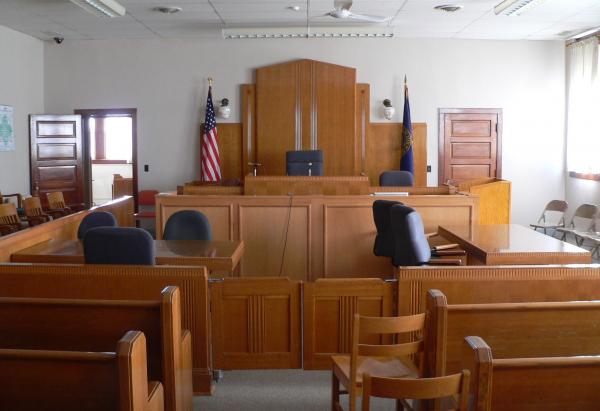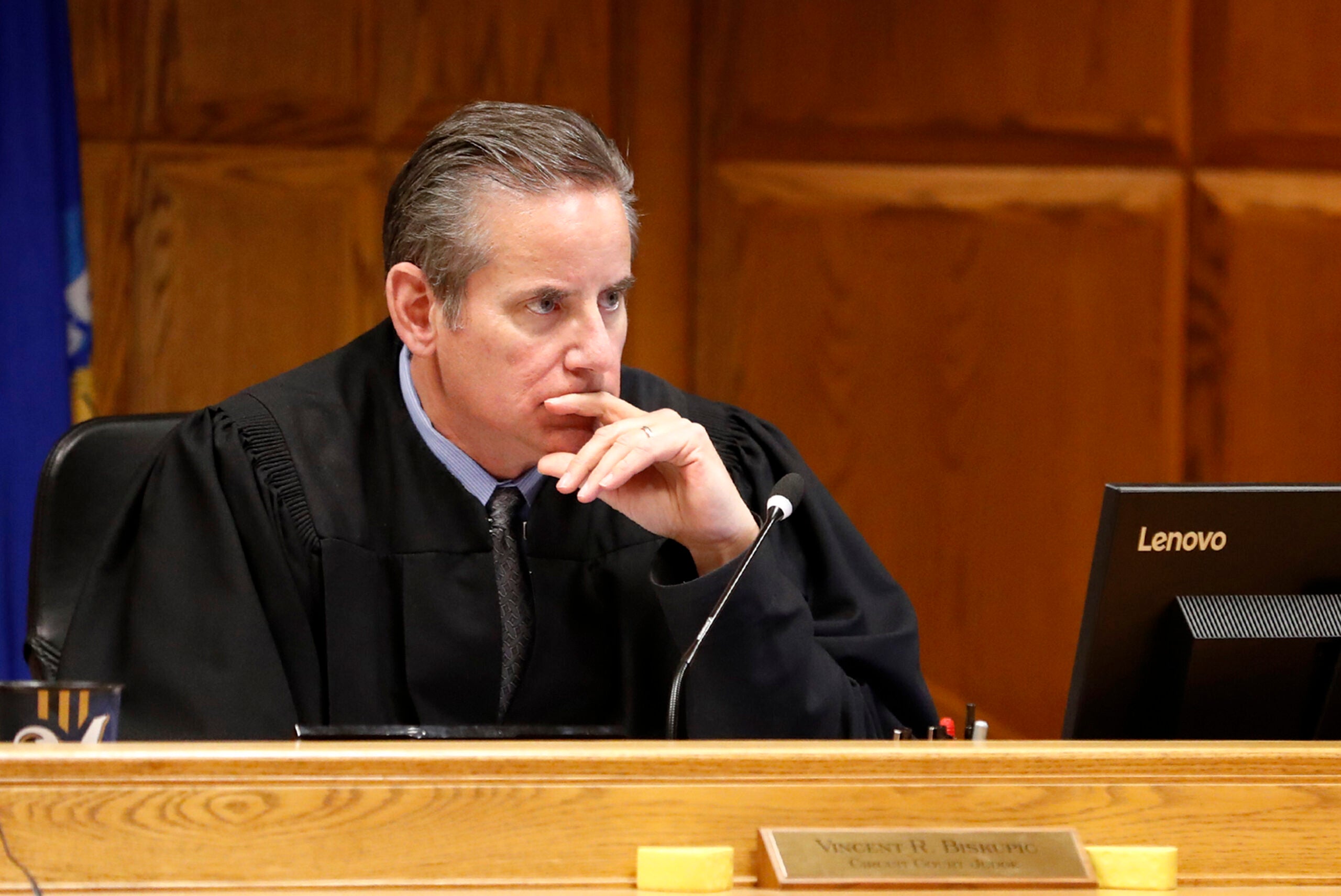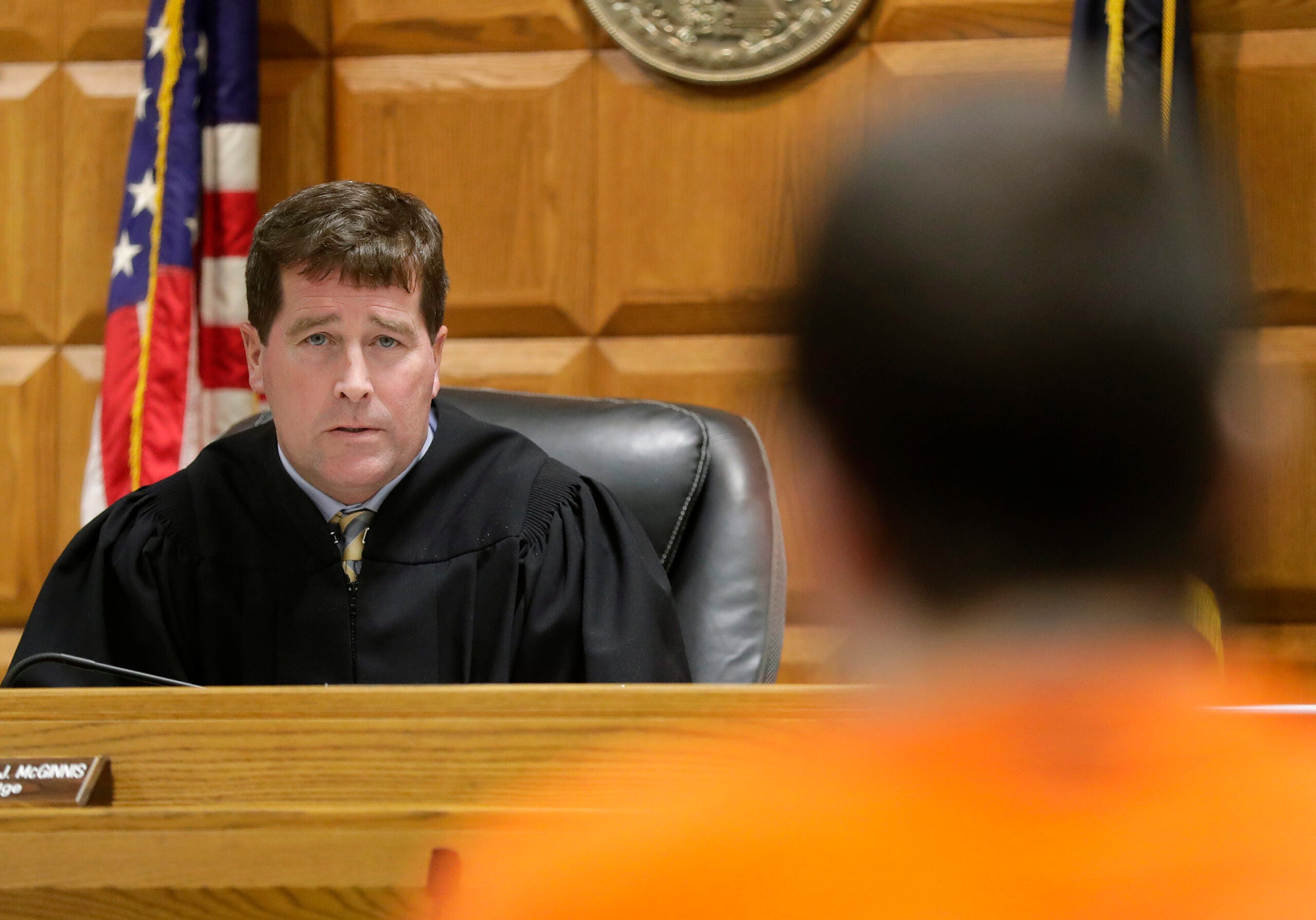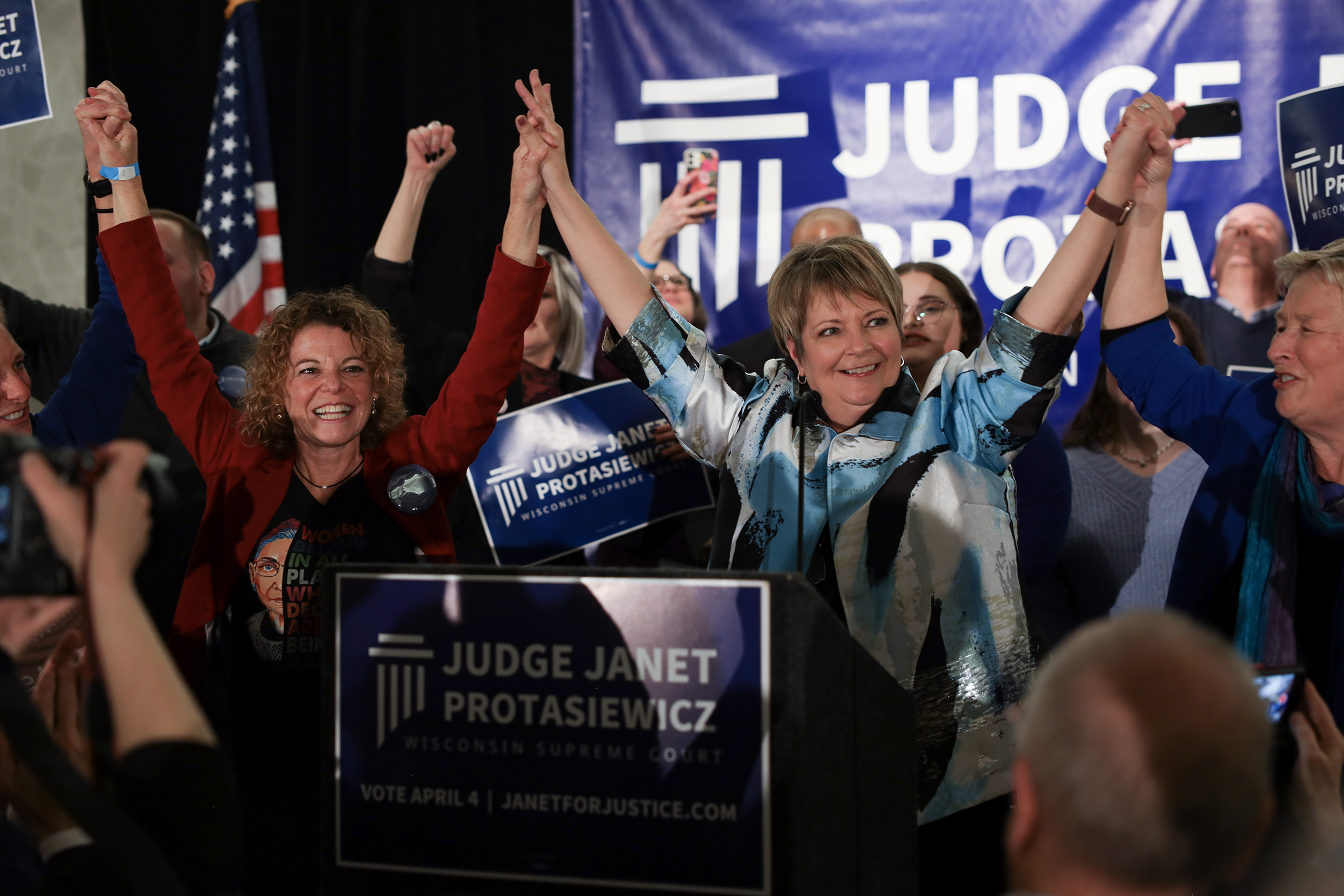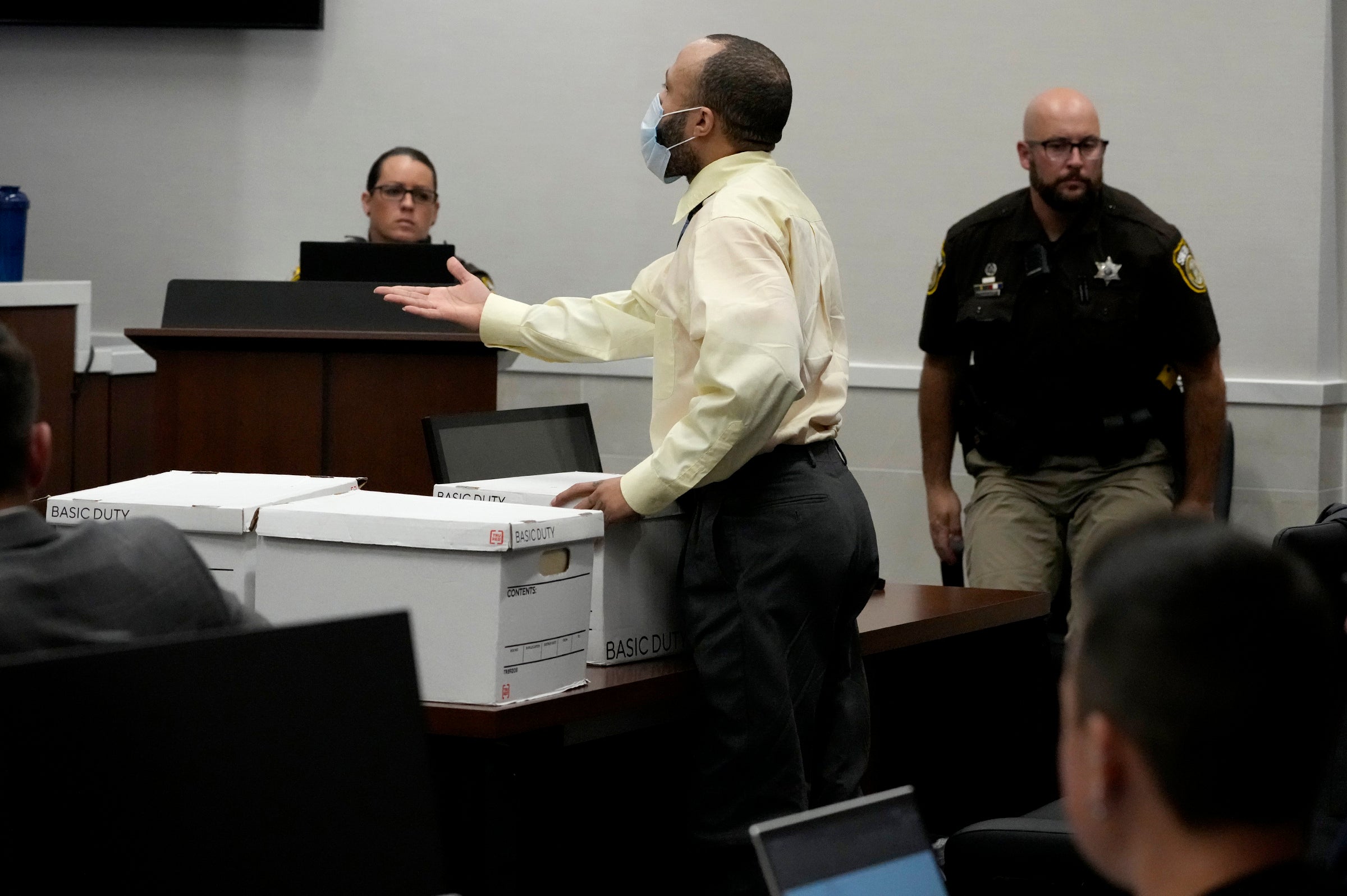Wendy Doherty of Superior says a courtroom is a pretty scary place, especially when faced with charges of operating a vehicle while intoxicated and six months in jail.
Doherty was appointed an attorney from the state Public Defender’s Office.
“I probably would have gone to jail,” said Doherty. “I couldn’t have represented myself. For me to try to prove what he proved would have been very difficult, very, very difficult.”
Stay informed on the latest news
Sign up for WPR’s email newsletter.
Douglas County Public Defender J. Patrick O’Neill says that’s what Doherty describes is the legacy of Gideon v. Wainwright. In 1961, Clarence Gideon asked for and was denied counsel and then convicted of theft. His appeal led to the ruling that the Constitution gives all people the right to counsel.
O’Neill says having proper defense doesn’t translate into being soft on crime. In Wisconsin, 90 percent of people charged with a crime are convicted.
“We are tough on crime,” says O’Neill. “What’s important is that we be fair on crime, and that’s what Gideon provides.”
O’Neill says the legacy of Gideon is up to the court system. “You have caseloads that are just impossible to meet,” he says. “It has become too much of an assembly line law.”
Gideon v. Wainwright is also under fire. The Constitution Project’s criminal justice policy counsel Liz Fasse says politics can weaken the right to counsel.
“As state and federal government face budget cuts and are cutting back on indigent defense funding, Gideon should remind us that this isn’t a budgetary line item,” says Fasse. “This is a Constitutional right that everyone has.”
Before Gideon, many low-income defendants had little choice but to plead guilty. But UW Law School Professor Walter Dickey says those days are gone. “I do think Gideon was a sea-change. It just was not as complete as a lot of people imagine, and there’s a gigantic gap.”
Dickey says that gap encompasses the people who can’t afford an attorney but are not poor enough to qualify for a public defender.
Superior attorney Toby Marcovich says there’s also potential for trouble by some public defenders and judges. “It’s in the eye of the beholder,” he says. “Some places do it very cursorily and without their heart in it. But I think most law enforcement agencies take it seriously.”
Marcovich served as a court-appointed counsel in the 1950s before the Gideon decision. He says an often overlooked Gideon legacy is when an attorney is appointed.
“It was even an improvement on what we were doing here in Wisconsin, where people were at least advised of the right to a lawyer when they got to court, because it gave them the opportunity to get an attorney early on when probably an attorney’s advice was most valuable to them,” says Marcovich.
With the help of public defender Fritz Anderson, Wendy Doherty was acquitted.
“I cried and I asked Fritz if I could give him a hug,” says Doherty. “He said just don’t do it in front of the jury. Tears welled up in my eyes, I couldn’t believe it.”
The Gideon legacy for Doherty is a legacy for many people who can’t afford an attorney. She says the judicial system worked. “It was fair and impartial. It was done the way it should be done, you know?”
Wendy Doherty’s situation is quite common. The Constitution Project says 80 percent of people charged with a crime qualify for a court-appointed attorney.
Wisconsin Public Radio, © Copyright 2024, Board of Regents of the University of Wisconsin System and Wisconsin Educational Communications Board.

